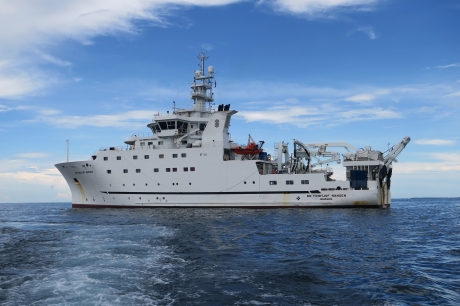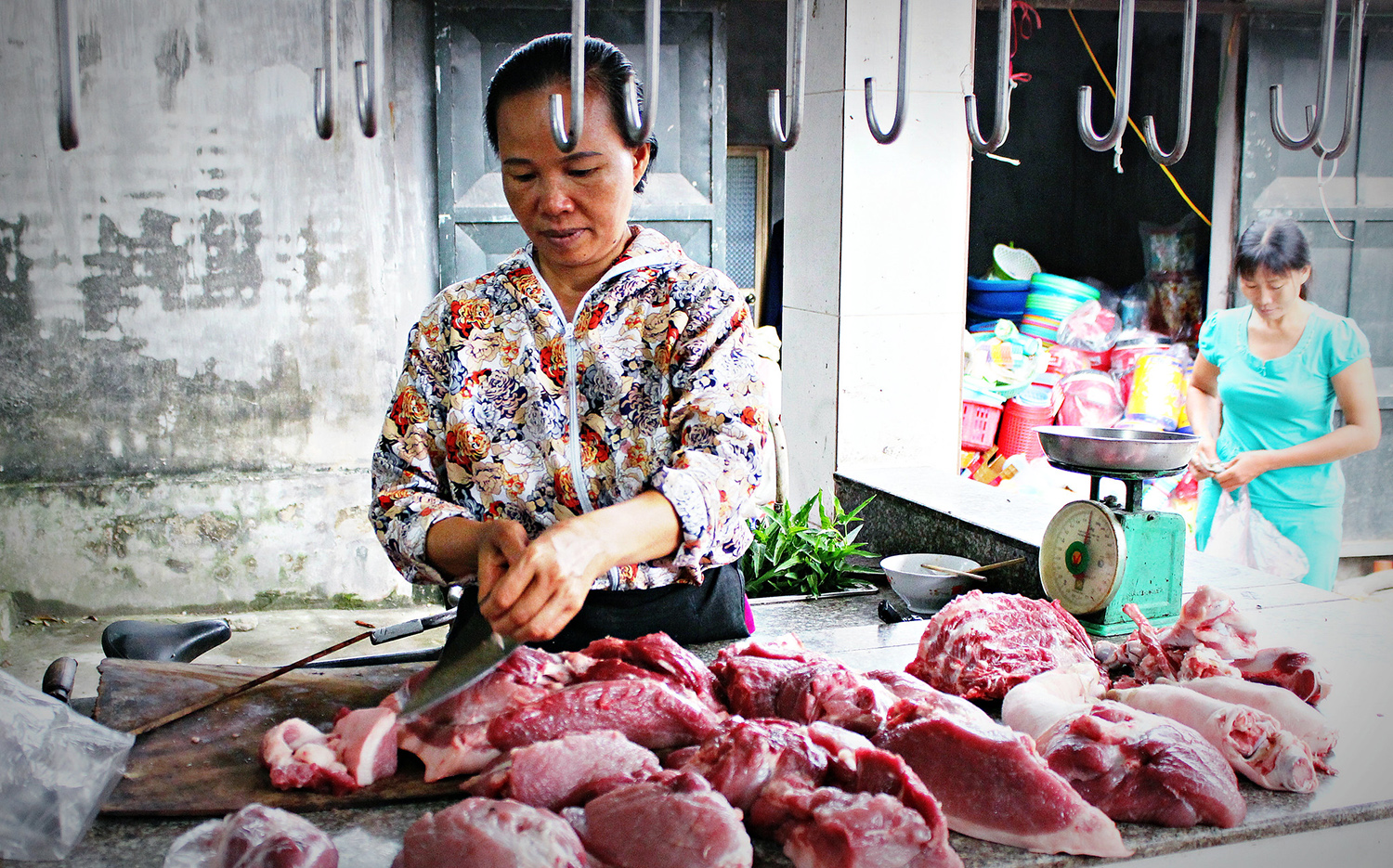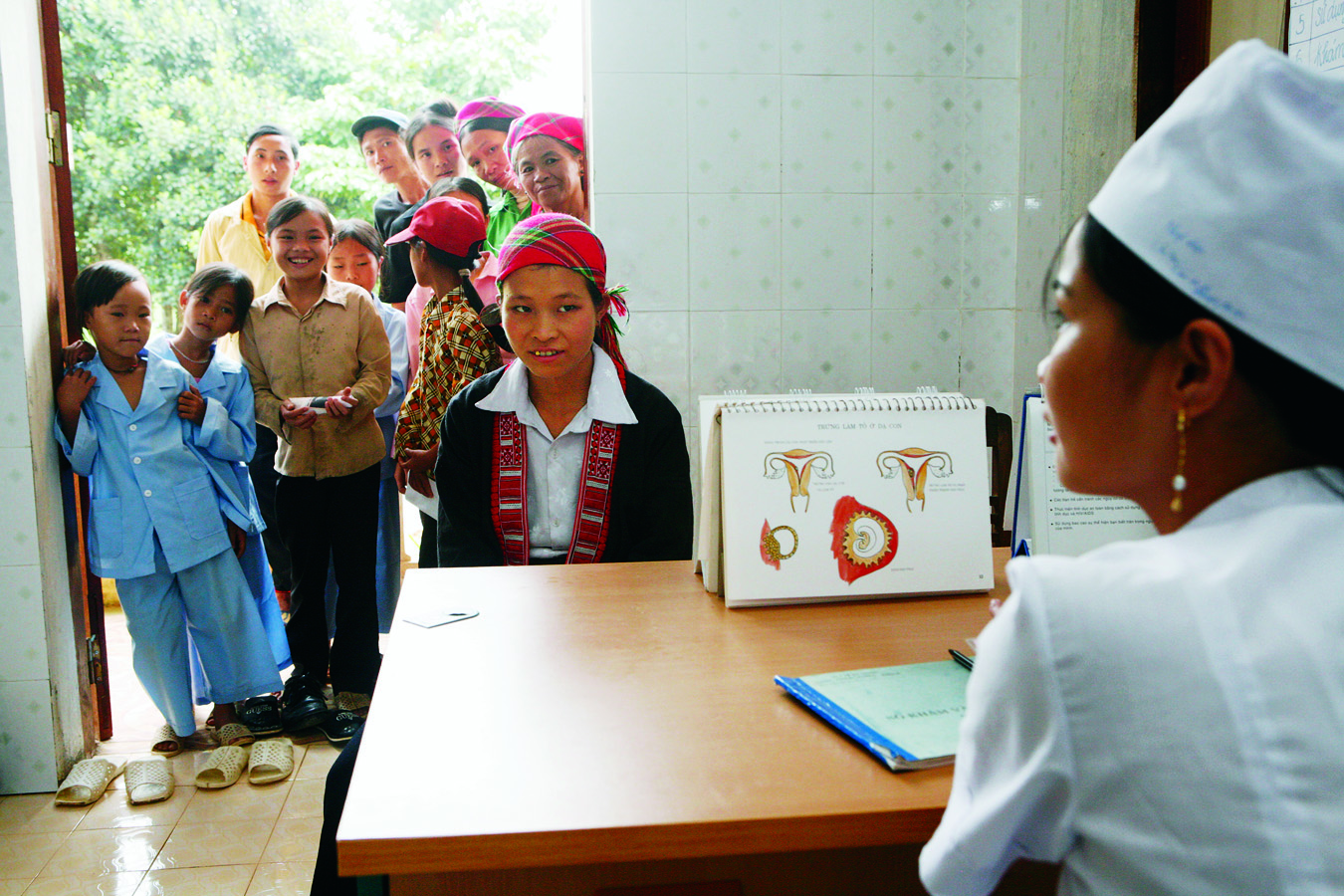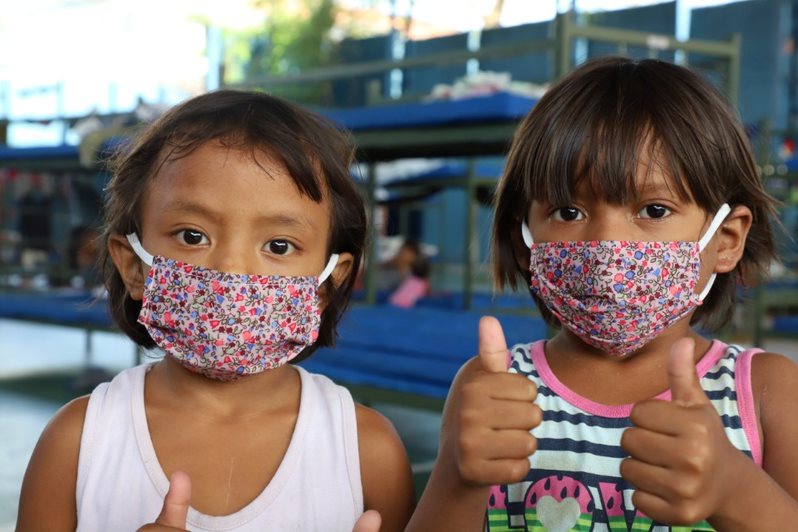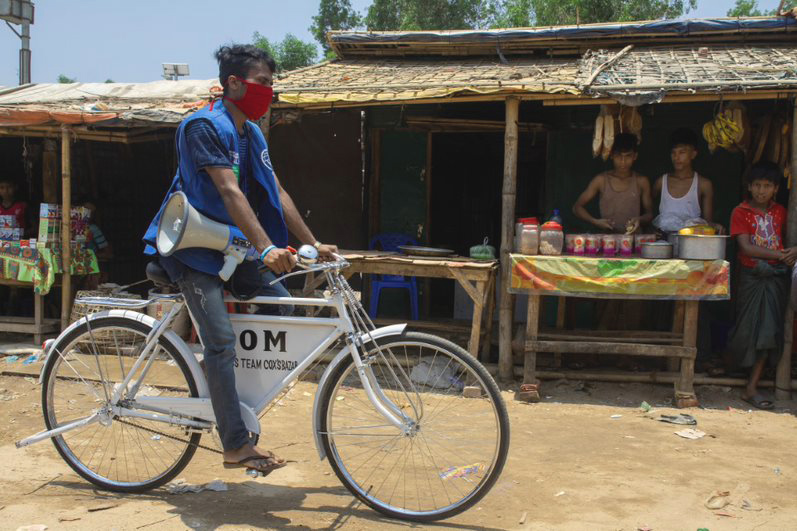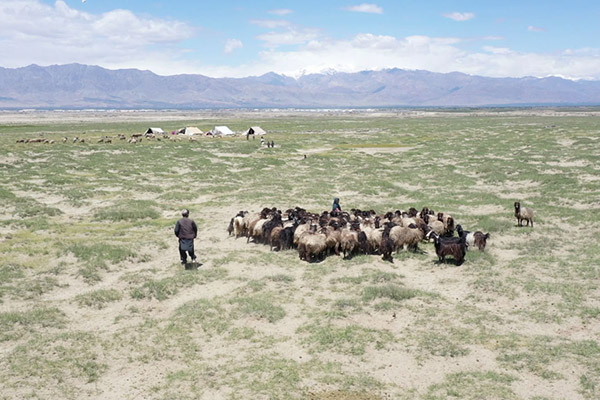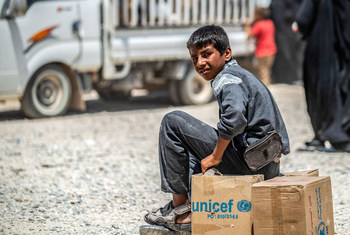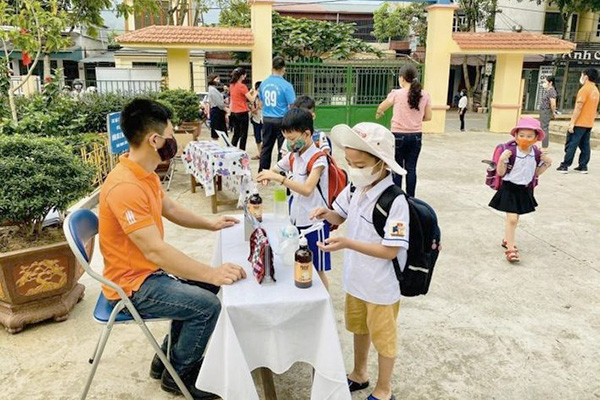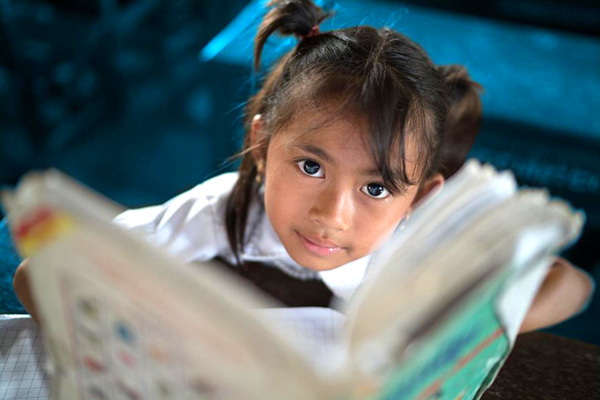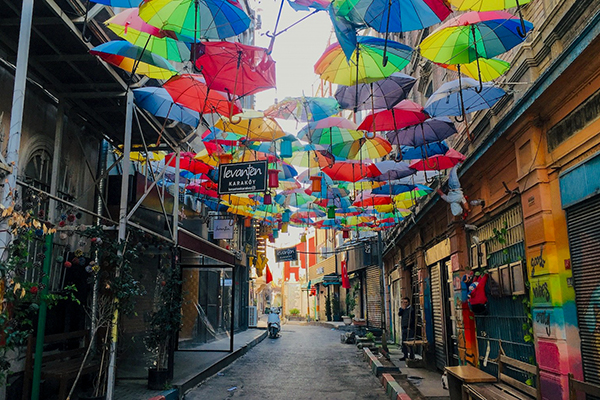COVID-19 has changed our world in ways we could not have imagined. Everyone has been affected and has a story to tell. The ILO shares the stories from people in the world of work.
Health
2020 began as a normal year for the Dr Fridtjof Nansen, the only marine research vessel to fly the UN flag. The Nansen was meant to sail along West Africa, collecting data off the coast and in the deep-seas for its research into the state of marine resources and the health of our oceans. As the COVID-19 outbreak turned into a pandemic and more and more borders closed to stop the spread of the virus, FAO reports on the plan for the vessel and its crew to get back home to Norway.
Ebola, SARS, Zika, HIV/AIDS, West Nile fever and now COVID-19 – some of the highest-profile diseases to emerge in the last several decades. And while they emerged in different parts of the world, their common thread is that they jumped between animals and humans. They are what scientists call “zoonotic diseases”. Now, a scientific assessment led by UNEP finds that unless countries take dramatic steps to curb zoonotic contagions, global outbreaks like COVID-19 will become more common.
As COVID-19 takes a staggering toll on people, communities and economies everywhere, not everyone is affected equally. Women, who account for the largest share of front-line health workers, are disproportionately exposed to the coronavirus. As countries are on lockdown and health systems struggle to cope, sexual and reproductive health services are being side-lined and gender-based violence is on the rise. On 11 July, World Population Day, the United Nations aims to raise awareness about the sexual and reproductive health needs and vulnerabilities of women and girls during the pandemic.
The COVID-19 pandemic has demonstrated the interconnected nature of our world – and that no one is safe until everyone is safe. Only by acting in solidarity can communities save lives and overcome the devastating socio-economic impacts of the virus. In partnership with the United Nations, people around the world are showing acts of humanity, inspiring hope for a better future. This photo essay portrays the many examples of global solidarity, inclusive solutions, continued education for future leaders, working during lockdowns, and how everyone can make a difference.
The United Nations fights misinformation on all fronts. In the field, in places such as refugee camps with limited digital tools, the UN International Organization for Migration (IOM) supports a refugee-initiative to fight misinformation using bicycles and loudspeakers to deliver accurate information door to door. At Headquarters, the UN launched ‘Verified’, an initiative to increase the volume and reach of trusted, accurate information by asking people to sign up to become information volunteers. The Verified initiative produces a daily feed of compelling, shareable content.
The Symphony Orchestra of the United Nations Staff Recreation Council is pleased to offer this virtual performance of Bizet’s lively “Farandole” from his suite, L’Arlésienne. This is their contribution to recognize the heroic contributions from public servants to humanity.
Since COVID-19 hit Afghanistan, it has posed a dreadful dilemma for the Afghan nomads, the Kuchis, get sick or go hungry. IFAD tells the experience of the Kuchis, who normally make a living by herding sheep, goats and camels around the country. Under lockdown, that lifestyle has become very difficult to maintain. For most people, the lockdown measures greatly reduce their exposure to the virus. But for the Kuchis, they pose the danger of blocking their usual trade of livestock and dairy products – and without trade, they have no income and face a shortage of food.
Confirmed cases of COVID-19 in Syria are in the low hundreds, but it is only a matter of time before the disease reaches those sheltering in camps in the war-torn country.
With the COVID-19 pandemic receding in some countries and cities, the United Nations is working with Governments to fine-tune plans to reopen battered economies, warning that complacency and lifting “stay-at-home” orders and other restrictions too fast could invite a second wave of new cases. A resurgence of new cases is already occurring after they lifted lockdowns, even in countries that had successfully flattened the COVID-19 curve. In countries seeing positive signs, “the biggest threat now is complacency,” said WHO Director-General Tedros Adhanom Ghebreyesus.
With children spending large portions of the day at home due to COVID-19, the United Nations is helping families use the opportunity to teach young people about global challenges, including not only the health pandemic but also poverty, hunger and climate change. Drawing on the power of storytelling to foster positive social change, a plethora of books, board games and public service ads developed by the UN are teaching children how to stay healthy and safe, support others during the crisis, and play a role in achieving the Sustainable Development Goals.
Community volunteers visit Myanmar slums with COVID-19 information
Provision of lifesaving COVID-19 protection gear to vulnerable households living in Sabra, including refugees and migrants, in order to help them better protect themselves against the spread of COVID-19.
As COVID-19 has brought tourism to a complete standstill, the United Nations is working closely with international organizations, Governments and the private sector to support the responsible and timely recovery of the sector, on which millions of small businesses and jobs depend. The global tourism decline has already taken a toll on national economies, people’s livelihoods and efforts to achieve the Sustainable Development Goals. UNWTO issued a package of guidance to Member States on economic recovery, marketing and promotion, and institutional strengthening and resilience building.



